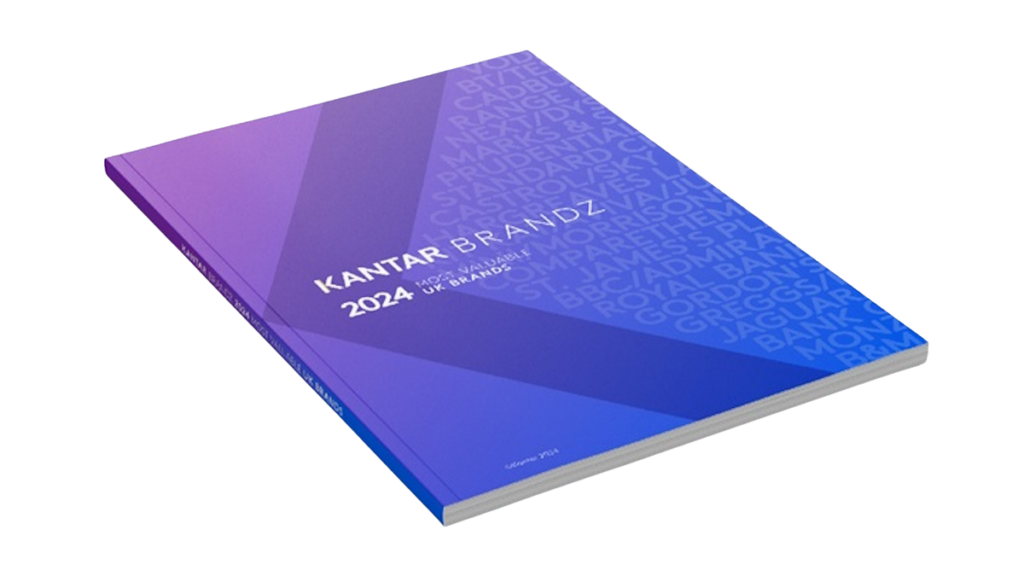The UK’s most valuable brands, despite having a better year, are continuing to see their total valuations fall, according to Kantar’s latest BrandZ report.
The BrandZ top 75 most valuable UK brands are now worth a combined $230 billion, representing an annual decline of 5%. This comes after slipping 14% a year prior. The inability of UK brands to grow is a stark contrast to the most valuable global brands, which are currently growing at 20%.
Kantar found that 40% of the UK’s biggest brands aren’t seen positively enough to justify charging a higher-than-average price for their category, with just under a third having less than 50% chance of growth in the next 12 months.
“It’s a mixed picture for UK brands and things could get bumpier before they get better. Consumer confidence is returning as inflation eases, although depending on what the chancellor announces in her budget on 30 October, we could see new pressures on household spending. With the right marketing investment, however, brands can put themselves in a strong position not just to weather any immediate uncertainty, but to grow over the long term,” said Adele Joliffe, Head of Brand Consultancy, Insight Division at Kantar.
Our analysis shows there are clear opportunities, and teams must be really targeted in how they make the most of these. Based on how likely people are to choose them, for example, one third of the brands we’ve evaluated this year could sell more if their products and services were easier to access – whether that’s through investment in store opening or online fulfilment for example.”
One major UK brand that has managed to outperform the rest of the field is Marks & Spencer, growing by 38% to reach $2.5 billion in brand valuation. On the other hand, wider retail brand value only rose by 1% overall, and food & beverages brand values fell 9% year-on-year.
Elsewhere, travel services grew by 56% this year, taking its total value to $2.4 billion. Within this category, Premier Inn experienced the most joy, growing its value by 21% to $785 million.
The automotive sector jumped 14% in brand valuation, driven in part by the $3.2 billion brand value achieved by new entry Range Rover. By contrast, at $49.6 billion, the telecommunications sector fell in value, although Vodafone was once again recognised as the UK’s most valuable brand at $19 billion – a year-on-year drop by 27%.
The remainder of the top 10 most valuable UK brands list is made up of HSBC, Shell, BP, Johnnie Walker, BT, Tesco, Sky, Dove, and O2.
“We’re seeing the business case for brand building being championed more and more as boardrooms realise just how important it is in driving profitable, long-term growth. The International Accounting Standards Board’s current review of how intangible assets like brand are incorporated into company valuations is testament to that power,” said Joliffe.
“What needs to come now is an emphasis on building brands in the right way and that’s where marketers can really prove their worth. As this year’s ranking shows yet again, it is the brands which differentiate themselves in a meaningful way with consumers who triumph.”









